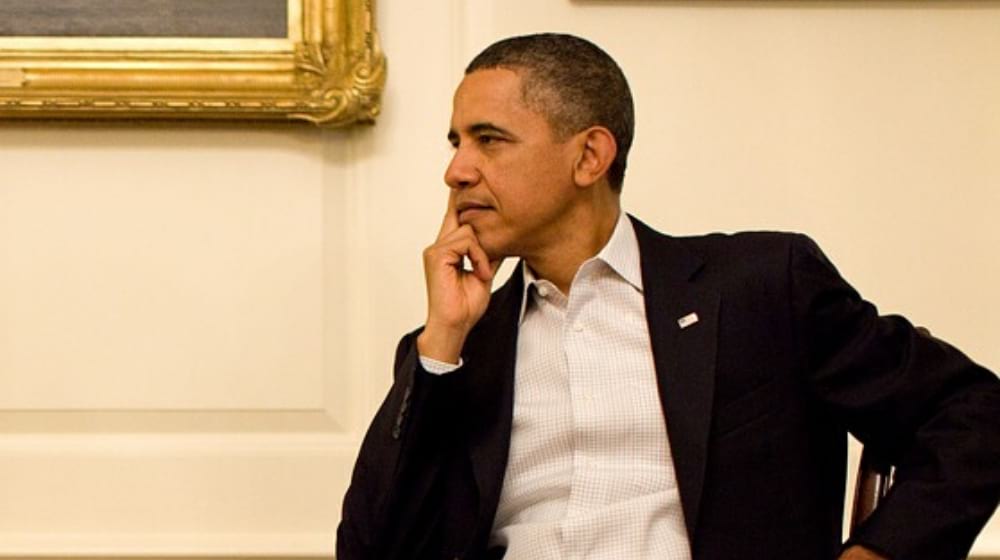Breaking News
America Looks The Other Way During Iran’s Missile Test

- Iran carried out a ballistic missile test on Tuesday, which they claim is a “deterrence power” only.
- These missiles are capable of hitting Israel and could potentially carry a nuclear warhead.
- The United States has vowed to look into this, but claims that the test does not violate the treaty signed.
- This matter will be raised at the U.N. Security Council.
(CNN) – Iran carried out a fresh ballistic missile test Tuesday — drills the Middle Eastern country's Revolutionary Guard claims show Iran's “deterrence power” but the United States suspects violated a U.N. resolution.
According to state news, Iran's Revolutionary Guard said Tuesday's missile tests exhibit Iran's “full readiness to confront all kinds of threats against the Revolution, establishment and territorial integrity.”
The United States, however, believes “there are strong indications (this) test is inconsistent with U.N. Security Council 2231,” State Department spokesman Mark Toner said.
“If confirmed, we intend to raise the matter in the U.N. Security Council,” Toner added. “We will also encourage a serious review of the incident and press for an appropriate response.”
A senior official in President Barack Obama's administration later referenced a “medium-range missile” — not the long-range variety alluded to in Iranian official news reports — and added that the Security Council “could take action to investigate the matter, engage Iran and condemn the launch.”
The United States could act on its own, as well. But there's been no suggestion this launch will scuttle or in any significant way affect the international community's landmark deal with Iran over its nuclear program.
Iran claims missiles OK, wouldn't carry nukes
Tuesday's report from Iran's state-run Press TV characterized the firing of missiles from “silo-based launchers” around Iran as “the final stage of large-scale missile drills.” It also referenced a test last October of a new precision-guided, long-range missile known as the Emad — a liquid-propelled rocket with a 1,050-mile (1,700-kilometer) range — which would put it within reach of longtime Iranian nemeses Israel and Saudi Arabia.
The developing technology has stirred fears Iran could fit the missiles with nuclear warheads, weaponry that Tehran insists it does not possess.
Yet, according to Press TV, Defense Minister Hossein Dehqan has stated the Emad missile is a conventional weapon. And Foreign Minister Javad Zarif — while defending Iran's right to carry out missile tests — has insisted the country doesn't have any missiles that could carry nuclear warheads.
Still, there's hardly a guarantee that skeptical rivals will accept Iran's assurances that its military “poses no threat to other countries,” as Press TV claimed.
Just look back to what happened last fall, when Iran's missile tests spurred the U.S. Treasury Department's to levy sanctions against “11 entities and individuals involvement in procurement on behalf of Iran's ballistic missile program.”
Focus on missiles distinct from nuclear deal
Ironically, that announcement happened around the same time that broader, international sanctions related to Tehran's nuclear program were lifted — a move widely seen as a sign of Iran becoming more open and less adversarial with others around the world, including countries in the West.
Tuesday's missile test would not violate the agreement on Iran's nuclear program known as the Joint Comprehensive Plan of Action, Obama administration officials said. Thus, it wouldn't mean that deal falls apart and sanctions specific to it are reinstituted.
Still, Tehran could face significant repercussions because of Tuesday's missile test.
The U.S. government “continue(s) to work closely with partners around the world to slow and degrade Iran's missile program,” said Toner, the State Department spokesman.
These include measures like the sanctions imposed in January and U.N. Security Council “prohibitions … to disrupt missile-related proliferation networks worldwide,” according to Toner.
The senior Obama administration official vowed to “continue to vigorously enforce the key elements of Resolution 2231 that prohibit all other (countries) from transferring missile technology and expertise to Iran.“
“In addition,” the official added, “we have distinct domestic authorities (that can) take action as appropriate against the entities and individuals involved.”
By Greg Botelho and Jim Sciutto, CNN
